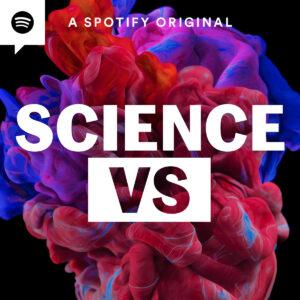
In this episode of “Ted Talks Daily” titled “What it’s like to find your birth parent | Am I Normal? with Mona Chalabi,” host Salim Roshamwala explores the journey of Amanda Ray Scazafava, an adoptee who shares her experience of finding her birth mother. Amanda’s story highlights the challenges and emotional complexities faced by adoptees in their search for identity and connection.
About 2% of all people under 18 in the US have been adopted, which means that one out of every 50 kids is adopted. However, many adoptees may not identify themselves as such, considering their adoptive parents as the ones who raised them. This underestimation of the number of adoptees in society highlights the need to acknowledge and support adoptees in their journey of self-discovery and identity formation. Research from the Children’s Bureau suggests that having some contact between the child and their biological parents could be beneficial for everyone involved, allowing adoptees to develop a greater sense of belonging and a deeper understanding of their own identity.
Amanda Ray Scazafava shares her experience of growing up in a predominantly white community in Connecticut and feeling different despite her efforts to blend in. As an adoptee, she faced the challenge of representing her culture for a school project but struggled with her identity as she didn’t feel connected to her Italian or Dominican heritage. Amanda’s experience of bullying and hurtful comments about her adoption further exacerbated her desire to be invisible. Despite the love and support of her adoptive parents, Amanda grappled with feeling different both at school and at home due to her adoption and physical differences from her family.
Amanda’s desire to find her birth mother persisted from a young age, and as an adult, she embarked on a search filled with dead ends and challenges. Along the way, she embraced Dominican culture, made friends, and immersed herself in the culture that she felt connected to. In 2017, Amanda’s journey led her to a lawyer who helped her find her biological family in La Vega, Dominican Republic. Through Facebook, she connected with her birth mother, Josefina, who had immigrated to Italy in the mid-90s.
Amanda’s journey to meet her birth mother in Italy was filled with anxiety and uncertainty. She feared how Josefina would perceive her and whether she would be proud of her accomplishments. The meeting with a complete stranger who held such significance in Amanda’s life was nerve-wracking. However, despite the discomfort and cultural differences, Amanda recognized the complexities of their reunion and acknowledged her birth mother’s sadness.
Meeting her birth mother was a transformative experience for Amanda, as it brought liberation, beauty, and hard truths. Through her journey of self-discovery and reconnecting with her roots, Amanda has found a greater sense of acceptance and self-assurance. Connecting with her birth parent and embracing her roots has allowed her to develop a deeper understanding of herself and her place in the world.
Amanda Ray Scazafava’s journey to find her birth mother highlights the emotional complexities and challenges faced by adoptees in their search for identity and connection. Her story emphasizes the importance of acknowledging and supporting adoptees in their journey of self-discovery. By embracing her roots and connecting with her birth mother, Amanda has found a deeper understanding of herself and a sense of belonging. Her experience serves as an inspiration for others on a similar journey, reminding them that they are not alone in their quest for identity.